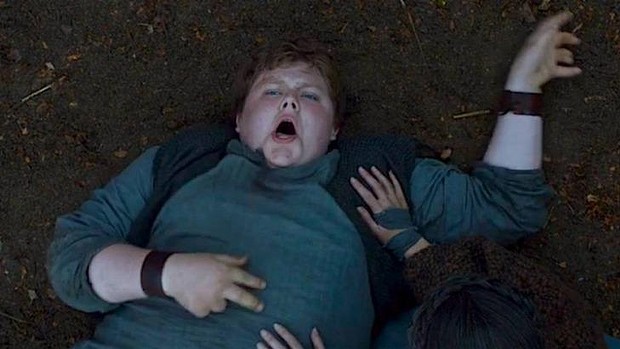A celebration of Little Women, Greta Gerwig’s affecting and enchanting adaptation of Louisa May Alcott’s beloved novel…

by: Michael Shields
Year in and year out the Academy of Motion Picture Arts And Sciences drops the ball, and filmmakers, actors and actresses, and achievements in production, are egregiously overlooked. I often chalk this up to the difficulties of sifting through the bounty of brilliant work produced each year, or the big business of Hollywood, interests of the studios, and insider bias. But often these errors are frustrating, explicitly when the decision appears to be a no-brainer. This is the case with Greta Gerwig’s snubbing for her directorial work on the seventh film adaptation of Louisa May Alcott’s Little Women, which Gerwig also wrote the screenplay for. Greta’s meticulous work on the beloved period piece was so masterful that it is untenable that her directorial work isn’t being celebrated alongside the remarkable efforts by Joon-Ho, Tarantino, Scorcese, Mendes, and Phillips — the male filmmakers who comprise the Best Director nominees.
Gerwig, humble and pointed, dismisses the snub for Best Director and instead chooses to focus on the well-deserved Best Picture nomination “because it represents the collective who’ve been working on this movie. It’s for every single person who contributed such great work.” Little Women is only the third best-picture nominee to be produced, written, directed by all women ((Winter’s Bone, The Piano, the others.)). Compiling a total of six nominations (Saoirse Ronan and Florence Pugh nominated for acting, Jacqueline Durran for Costume Design and for Adapted Screenplay), Little Women is receiving its just due on many fronts. For Little Women is a delightful, affecting journey and a delicately crafted work of art. The film is shaped in such a way that intimacy is hatched to the point of familiarity. Viewers’ bond to the young March women is deep and manifesting in genuine connection. An investment with the characters is forged with zest, and so when they hurt, viewers feel the anguish. When delight is come upon, the viewer shares in the joy.
At this point, being that it was written one hundred and fifty one years ago, Louisa May Alcott’s Little Women is a tale as old as time and dearly familiar to even the most negligent of English class attendees. But here, Gerwig chose to tell the story in a novel way, and in a way to speaks to issues pervading society today. In this bold reconfiguring, the writing of the novel is weaved into the story where the author isn’t Alcott but Jo March (played by superbly talented Saoirse Ronan), the novel’s protagonist. This tweaking manifests this retelling as a coming of age story of an artist embattled with a society contentious to women, and beyond that where the hopes and dreams of the young women featured in the film are not limited to marriage and having children. In a society that seeks to suppress the advancement of the March women, it is absolutely exhilarating to behold their strength and ambition in navigating adolescence and the many obstacles life throws at them. Little Women, undoubtedly, is one of 2019’s finest films. A treasure featuring a remarkable cast, dazzling costume work, and a clever conclusion that pays homage to the source material yet allows Gerwig’s Little Women to stand alone as a thoughtful, moving work of filmmaking.





